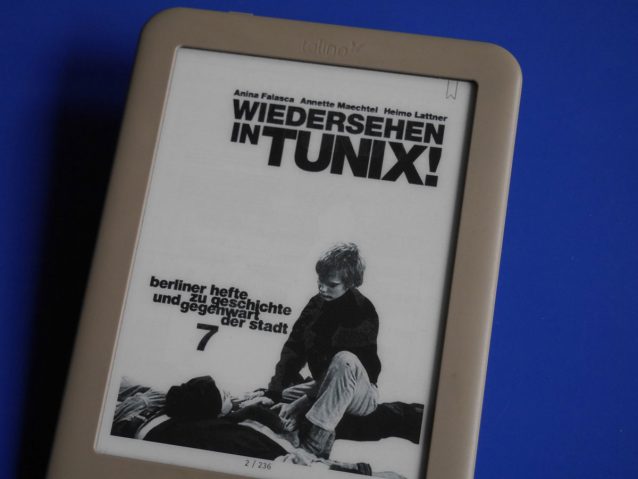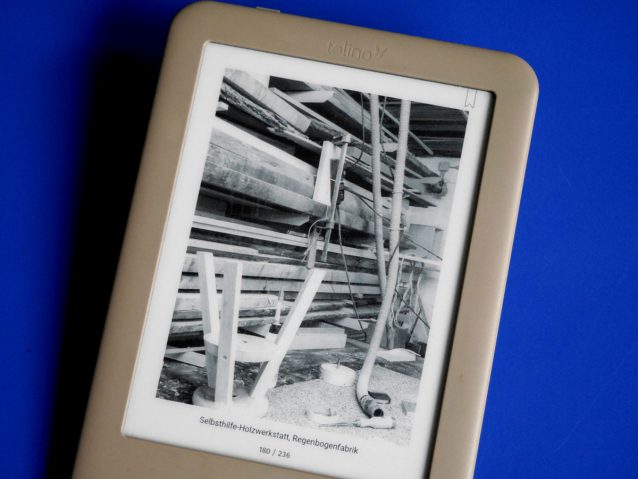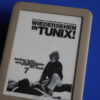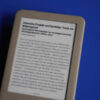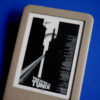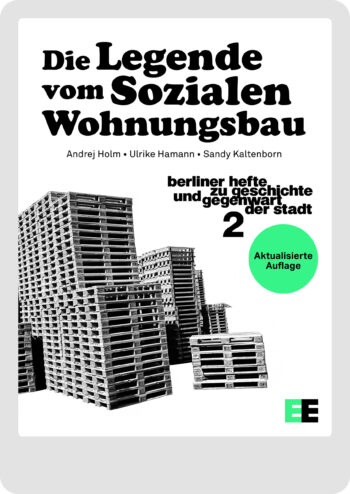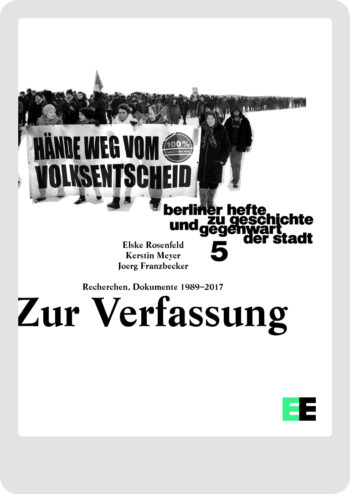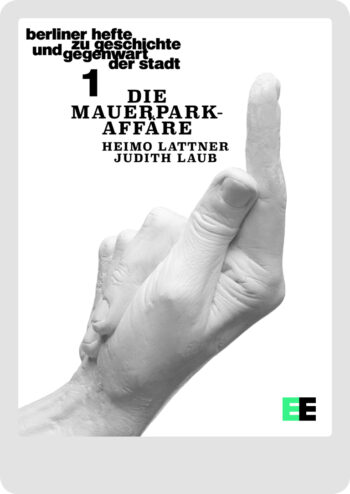Wiedersehen in TUNIX! Ein Handbuch zur Berliner Projektekultur
#7 / At the Tunix Congress in Berlin in 1978, the undogmatic left developed new forms of work and projects.
3,99 €
At the Tunix Congress in Berlin in 1978, the undogmatic left developed new forms of work and projects. In an atmosphere of discussion, action and festivity, lively debates took place on such subjects as, among others, alternative energy production, self-run youth centres, neo-Nazis in West Germany, feminism and ecology, the ‘newʼ French theory, survival in urban neighbourhoods, left-wing bookstores and bars.
The meeting in Tunix was a breeding ground for new project formulations. The term project stood for networking, flexibility and self-determined activities. Since then, the use of the term project has shifted – the project itself has become a model of neoliberal forms of work and organisation. Forty years after Tunix, this ambivalence, as well as the political concerns inherent in the praxis of projects, must be re-considered.
Produced on the occasion of Wiedersehen in TUNIX! Eine Revision der Berliner Projektekultur, HAU Hebbel am Ufer, 2018
Annette Maechtel
Annette Maechtel lives and works as a freelance curator, art and cultural scholar and lecturer in Berlin. Her research focuses explicitly on Berlin as a political and discursive space. Her curatorial approach is research-based, mostly collective and uses a wide variety of media and formats including temporary spaces, publications, walks, radio programmes, but also institutional exhibitions.
In 2018, she completed her dissertation at the HGB Leipzig. Since 2017, she has been a research assistant in the Einstein research project Autonomy and Functionalisation at the UdK Berlin, Institute for History and Theory of Design (IGTG).
Anina Falasca
The historian and curator Anina Falasca studied Public History in her Master’s degree at the Freie University Berlin and took the Tunix Congress of 1978 as the subject of her Master’s thesis. She lives and works in Berlin and is currently a research volunteer at the Schwules Museum.
Heimo Lattner
Studied at the Academy of Fine Arts Vienna and the Whitney Independent Study Program, NY. Co-operator of the project space General Public Berlin (2005–2015). Since 2015 editorial member of the Berlin Journals—On the History and Present State of the City and co-editor of Ibid. – szenische Lesungen aus Dokumenten der Berliner Stadt-und Kunturpolitik. Since 2017 research on Autonomy and Functionalisation at the UdK Berlin. Lectureship at the department of Theory and History at the weißensee academy of art berlin (2017–2018).
Eds.: Anina Falasca, Annette Maechtel, Heimo Lattner
Text: Ulrich Bröckling, Sabeth Buchmann, Birgit Eusterschulte, Anina Falasca, Christa Kamleithner, Felix Klopotek, Jana König, Stefan König, Heimo Lattner, Annette Maechtel, Sibylle Plogstedt, Sven Reichardt, Thomas Seibert, Michael Sontheimer, Julia Wigger
Image series: Stephanie Kloss
Design: Anna Voswinckel
Design e-book: Lena Appenzeller
German
160 pages (pdf), 58 illustrations
December 2018
ISBN 978-3-947295-23-4 epub (18 MB)
ISBN 978-3-947295-24-1 pdf (14 MB)
3,99 Euro
Published as a book by: berlinerhefte.de
ISBN 978-3-946674-06-1
7,00 Euro
You may also like…
-
Zur Verfassung. Recherchen, Dokumente 1989–2017
3,99 €#5 / From the Central Round Table of the GDR to the Tempelhofer Feld
